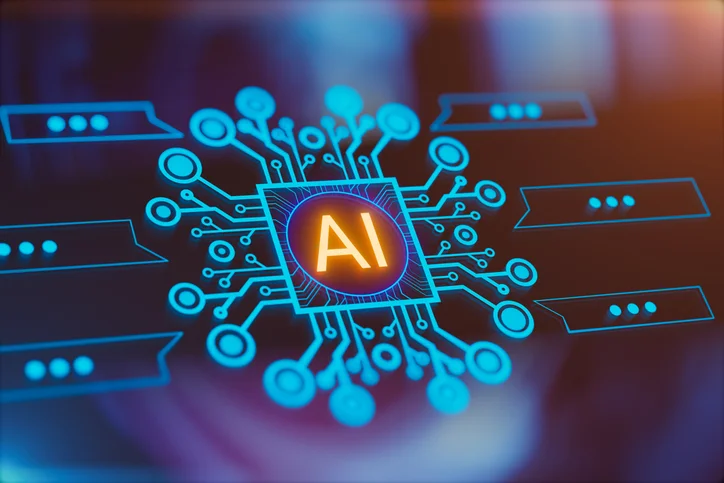Capgemini’s innovation chief predicts AI agents will be working collaboratively by 2025, potentially bridging communication gaps between departments
According to Capgemini, a technology services company, agents propelled by artificial intelligence will be capable of collaborating and resolving tasks in a “multi-agent AI” system by 2025.
According to Capgemini, this system would consist of a group of agents collaborating to resolve duties in a distributed and collaborative manner.
Pascal Brier, the company’s chief innovation officer, stated in an interview with CNBC that the firm is already “observing companies that are considering those agent technologies.”

He also stated that applications that utilize multiple autonomous agents are “really what we should anticipate for the upcoming year.”
Capgemini defines AI agents as “technology designed to function independently, plan, reflect, pursue higher-level goals, and execute complex workflows with minimal or limited direct human oversight.” AI agents are working behind the scenes to complete tasks on your behalf.
Brier asserts that the United States is progressing more rapidly in pursuing this technology while Europe is lagging.
Capgemini’s most recent research report, “Harnessing the Value of Generative AI,” was published on Monday. The report revealed that 82% of the surveyed companies intend to integrate AI agents within the next one to three years, while only 7% have no plans.
A survey of over 1,100 companies with revenues of $1 billion or more was utilized in the research.
Brier categorizes the so-called AI agents into two categories: individual agents that execute duties on your behalf and multi-agent technology, which involves “agents conversing with agents.”
For instance, an AI agent focused on marketing and developing an advertisement campaign for an organization in Germany could independently collaborate with another agent in the legal department of the same organization to ensure that it is legally compliant.
According to Capgemini, these agents can replace human workers for specific duties and understand, interpret, adapt, and act independently, unlike conventional AI systems that merely follow instructions.
In an interview with CNBC, Brier stated that the initial significant phase of AI in 2022, which he refers to as “V1,” was focused on “understanding the concept of a prompt and the concept of an LLM [large language model.”
Now, “AI and generative AI are becoming increasingly interconnected, and the focus is on the development of these engines of knowledge, the use of generative AI to interact with them, and the utilization of this new concept of agents as either a substitute or co-pilot to locate and execute tasks on our behalf,” he stated.
71% of organizations anticipate that AI agents will enable automation. In comparison, 64% of firms anticipate relieving human workers of repetitive tasks and enabling them to concentrate on value-added functions, such as customer experience, as per Capgemini.
Gap in the adoption of genAI
In its report, Capgemini reported that the number of organizations that have integrated generative AI into some or most of their locations or functions has increased by fourfold. According to Capgemini, the percentage of organizations that implemented generative AI was 6% in 2023; however, this year, it has increased to 24%.
Nevertheless, lesser firms have not yet encountered the same phenomenon, even though large corporations are experiencing increased levels of adoption in their operations.
Generative AI is being implemented by 10% of organizations, and their annual revenue is between $1 billion and $5 billion, according to the report. This figure increases to 49% for organizations that generate $20 billion or more in annual revenue.
“The larger companies are conducting generative AI experiments on a larger scale, which allows them to measure results more frequently and progress more rapidly. Consequently, they have invested more than their smaller counterparts,” Brier stated in an interview with CNBC.
Additionally, outcomes differ across industries. 88% of organizations have invested in generative AI in the aerospace and defense. However, in the retail sector, this figure decreases to 66%.



